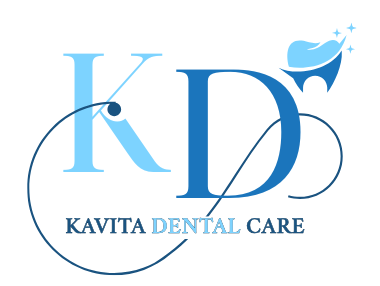Choosing the right dentist is important for your oral health and overall well-being. Whether you’re new to an area or looking to switch dentists, here are some straightforward tips to help you make an informed decision.
1. Check Qualifications and Experience
Ensure the dentist is properly qualified and licensed to practice. You can verify their credentials through local dental boards or associations. Experience matters, especially if you need specialized treatments like orthodontics or cosmetic dentistry. Look for dentists who have advanced training and certifications in those areas.
2. Read Reviews and Ask for Recommendations
Online reviews can provide insights into a dentist’s reputation and the quality of care they provide. Websites like Google Reviews or Healthgrades are good places to start. Additionally, ask family, friends, or colleagues for recommendations—they can share their personal experiences and help you find a trusted dentist.
3. Consider the Range of Services Offered
Choose a dental practice that offers a wide range of services to meet all your oral health needs. This includes routine check-ups, cleanings, fillings, crowns, braces, and cosmetic procedures like teeth whitening. Having all these services under one roof can be more convenient and save you time.
4. Evaluate Office Cleanliness and Hygiene
A clean and organized office is crucial for your safety and comfort. During your visit, observe if the office is tidy and if the staff follow proper hygiene practices, such as wearing gloves and sterilizing equipment. This reflects the clinic’s commitment to maintaining a healthy environment.
5. Assess Communication and Comfort
A good dentist should listen to your concerns, explain procedures clearly, and make you feel comfortable. During your initial consultation, pay attention to how the dentist communicates and whether they make you feel at ease. This is especially important if you experience dental anxiety.
6. Verify Insurance and Payment Options
Before choosing a dentist, check if they accept your dental insurance plan. Understanding your coverage can help avoid unexpected costs. If you don’t have insurance, inquire about payment plans or financing options to make dental care more affordable.
7. Check for Emergency Care Availability
Dental emergencies can happen at any time. Ensure the dentist offers emergency services or has arrangements with nearby facilities to address urgent dental issues promptly. It’s also helpful if the clinic provides after-hours care for emergencies .
8. Consider Location and Office Hours
Choose a dentist whose office is conveniently located near your home or workplace. This makes it easier to schedule and attend appointments. Also, check if the office hours align with your schedule, including evenings or weekends, to accommodate your needs.
9. Trust Your Instincts
Finally, trust your instincts. If something doesn’t feel right during your visit—whether it’s the staff’s attitude, the office environment, or the dentist’s approach—it’s okay to look for another provider. Your comfort and trust are essential for a positive dental experience.
Conclusion
Choosing the right dentist involves considering factors like qualifications, services offered, office cleanliness, communication, insurance compatibility, emergency care, location, and your personal comfort. By taking the time to research and evaluate these aspects, you can find a dental provider who meets your needs and ensures a positive experience for your oral health journey.

